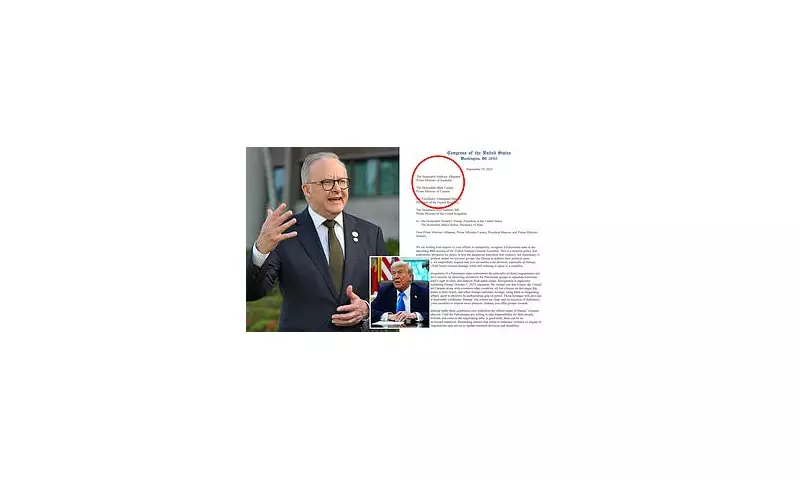
Australian Prime Minister Anthony Albanese is facing a severe political backlash and accusations of a "serious error in judgement" after a private open letter was published in the UK's Daily Mail, causing a diplomatic and domestic firestorm.
The letter, originally drafted for his local electorate in Sydney, contained strong criticisms of the Republican party and former US President Donald Trump. It also outlined a contentious stance on the Israel-Palestine conflict, advocating for the recognition of a Palestinian state which has drawn the ire of the influential Australian Jewish community.
A Cringe-Worthy Diplomatic Mishap
The blunder emerged when the personal letter, meant for a small Australian publication, was somehow picked up and run by the British tabloid. The result was an acutely embarrassing international incident, placing the Prime Minister's foreign policy under a harsh and unexpected global spotlight.
Senior figures within Albanese's own Labor party have been quick to express their dismay. One federal MP labelled the situation a "complete stuff-up," while others questioned how such a sensitive document could be so carelessly mishandled, suggesting a significant failure within the PM's office.
Content That Ignited the Fury
The letter's content proved to be deeply inflammatory on two major fronts. Firstly, its alignment with Palestine and call for statehood recognition has been met with fierce criticism from pro-Israel advocates. The Executive Council of Australian Jewry condemned the move, arguing it rewards aggression and undermines Israel's security.
Secondly, the direct attack on Donald Trump and the Republican party is seen as a needless alienation of a key ally, especially at a time when Trump is a dominant figure in the upcoming US election. Political analysts have called the move "diplomatically amateurish" and a potential risk to the crucial ANZUS security treaty.
A Prime Minister Under Pressure
This incident is more than a simple PR misstep; it strikes at the heart of the government's competence in managing sensitive international relations. Opponents have seized on the blunder, using it to question Albanese's judgement and the operational effectiveness of his inner circle.
As the fallout continues, the Albanese government is now forced into damage control, attempting to reassure both international allies and a furious domestic constituency that it can manage the nation's foreign affairs with the requisite skill and discretion.





